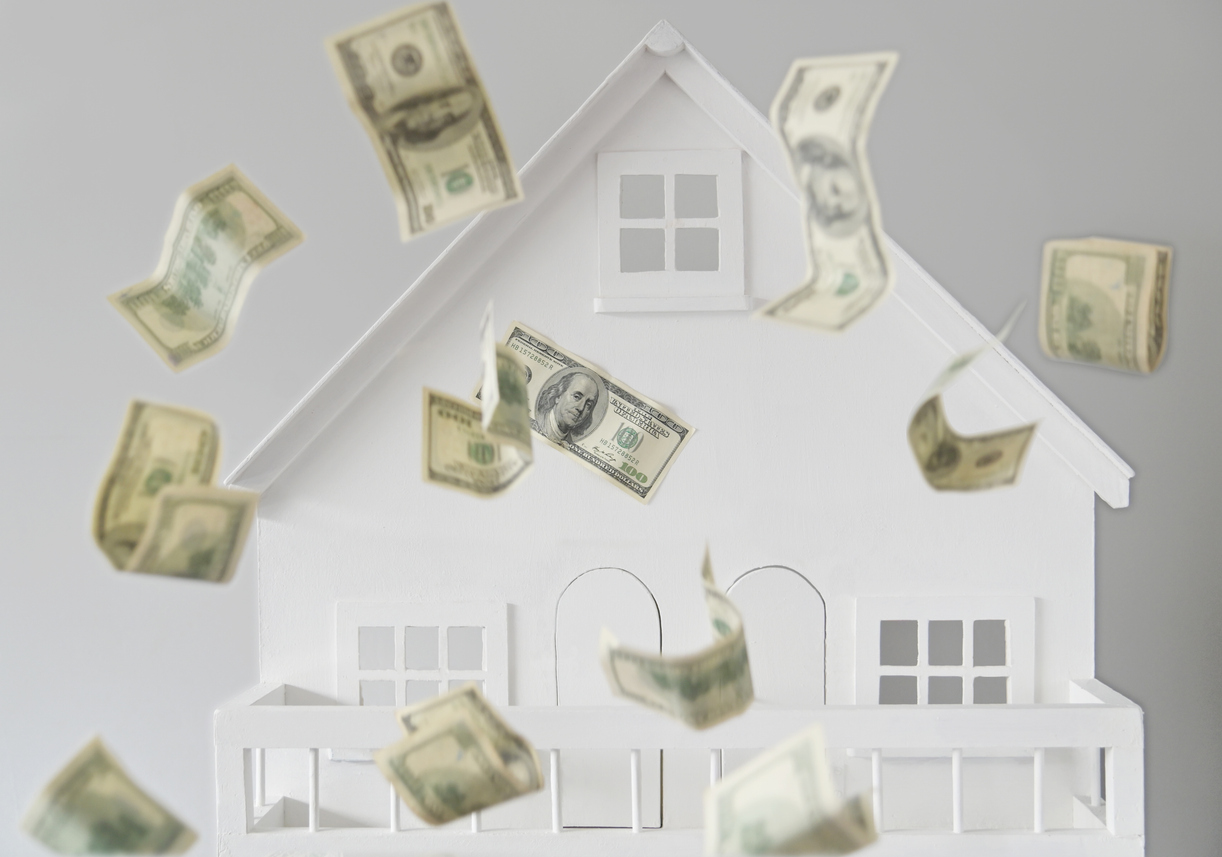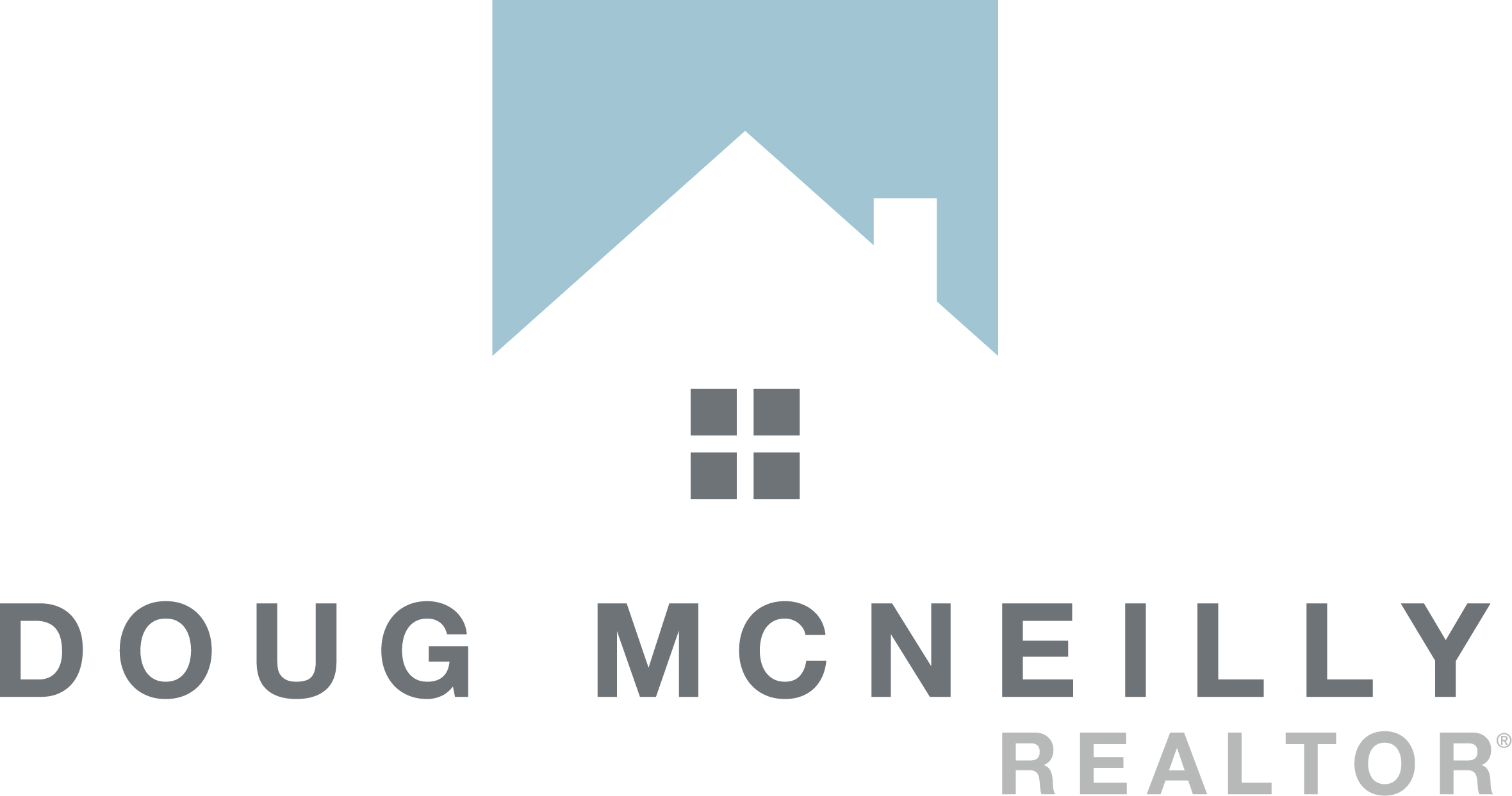When embarking on the journey of homeownership, it’s essential to consider not only the obvious expenses – Principal, Interest, Taxes and Insurance – but also the hidden costs that can significantly impact your budget. Let’s delve into the details to help to plan effectively.
It is best to understand the costs involved in home ownership before starting to look as these other costs could be $10,000 to $20,000 or more per year. One of the huge disservices we do to Buyers as Buyers Agents is not talking through all the costs associated with owning a home. Adding all these costs up provides the real view of affordability.
Here’s what you need to know to budget
While most prospective buyers are aware of significant expenses like mortgage payments and property taxes, smaller costs also contribute to the overall cost of homeownership. Considering these additional expenses before you start shopping can help avoid unexpected financial strain.
What are the costs of owning a home?
The total cost of homeownership consists of purchase costs plus ongoing fixed costs, and maintenance expenses. The most common ongoing expenses include:
- Mortgage payments (principal and interest)
- Property taxes
- Insurance
- Home Owner Association Dues (if applicable)
- Utilities (Electric, Gas, Propane, Water, Sewer or Septic)
- Maintenance
- Other (Garbage, Recycle, Internet, Cable, Phone, Etc.)
Costs of homeownership by can vary by location. Florida (think Hurricanes) and part of the West (think Wild Fires) have seen home owners insurance costs triple or more in the last few years. Homeownership costs can vary significantly due to several factors beyond just the real estate market. The age and condition of the home play a significant role, as do the materials used in its construction and any renovations or repairs. Additionally, the location of the home affects contractor costs and climate-specific maintenance requirements, all of which can either increase or decrease your overall expenses.
Maintenance expenses of owning a home
Keeping up with annual home maintenance not only increases your home’s value but also helps prevent emergency repairs. Maintenance costs can be somewhat flexible since they don’t impact every homeowner the same way. While costs will vary, it’s beneficial to get an idea of what maintenance expenses you might encounter.
Maintenance and Upkeep
Not all the items below need to be performed annually. Some these the homeowner can do themselves without any investment in equipment, others require an investment in equipment. A Pressure Washer might cost several hundred dollars but will last for years. Here is just a short list:
- Appliance Maintenance
- Furnace or Boiler Maintenance / Serving
- Pressure Washing Decks and Siding
- Gutter Cleaning and Maintenance
- Driveway Sealing
- Chimney Cleaning
- Lawn Services
- Spring and Fall Yard Clean-Up
- Snow Plowing
- Duct Cleaning
- Carpet Cleaning and Hardwood Floor Maintenance
- Sprinkler System Maintenance
- Roof / Flashing Maintenance
- Window Washing
- Tree Trimming
- Tile and Grout Maintenance
The list can get extensive. And, some items like HVAC and Roofs may last 20 years, but eventually need to be replaced even if well maintained and those items can cost $10,000 to $30,000 or more. Just remembering to keep up with everything is work, never mind doing the work or scheduling the work and then paying for the work.
Home Repairs and Cosmetic Updates
You are likely to run into things you want to update or have to fix depending on the condition and age of the home. In the MetroWest area of Boston that I serve, our housing stock is older, so it is not uncommon for Buyers to spend several thousand dollars just to paint and update flooring. Bathrooms start at $25,000 and Kitchens at $40,000. These are general estimates, but the point is the dollars add up fast.
Appliances and Systems
Everything in a home has a lifespan, and appliances and systems (Heating and Cooling) are no exception. New construction likely will have warranties that transfer for appliance and systems. An older home, less likely, unless the appliances or systems are new or only a few years old. At a minimum, most appliances will run you several hundred dollars for the most basic models. Add any level of features, and the cost can be in the thousands of dollars plus installation- if it involves changes to electrical wiring or plumbing.
Maintenance expenses of owning a home
A rule of thumb is to plan for at least 1% to 3% of the market value of the home per year. Some years cost more than others. The year you put on a new roof will run higher than the year where the only costs are routine maintenance
If you had a Home Inspection that is a good place to start, It should provide the age of appliances and systems. From that you can look at the general (very general) list of how long you can expect things to last. Lifespan can vary based on the quality of the product, usage, and maintenance.
While it’s impossible to predict precisely when something in your home will fail or need replacement, knowing the expected lifespan of various items can help you prepare both financially and mentally for future projects. If you’re purchasing an existing home, your home inspector will typically estimate the age of the appliances during the inspection. According to the National Association of Homebuilders and Consumer Reports, here are the common lifespans of household items:
- Roof 20-30 years
- Furnace: 18 years for a gas furnace, 15 years for electric
- Air conditioner: 15 years
- Oven/range: 15 years
- Refrigerator: 13 years
- Freezer: 11 years
- Washer/dryer: 10-13 years
- Dishwasher: 9 years
- Flooring: 10-100 years, depending on the material
Overall
Owning a home provides you a buffer on inflation – your housing costs are fixed for the life of the loan. You can make changes to your property and unlike when you rent you are not at the whim of the landlord. But, owning a home comes with expenses and the need to maintain that home. Knowing those costs is important when you embark on the path the home ownership.
Doug McNeilly is a REALTOR® with Coldwell Banker Realty in Wayland, Massachusetts. He specializes in Wayland, Sudbury, Natick, Framingham and the Greater Boston Metro West Area. He can be reached at doug.mcneilly@cbrealty.com or www.dougmcneilly.com


 Facebook
Facebook
 X
X
 Pinterest
Pinterest
 Copy Link
Copy Link

